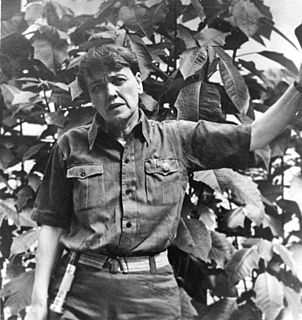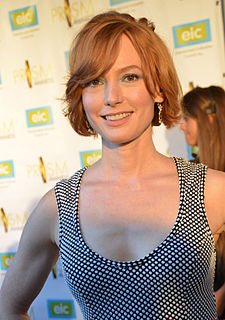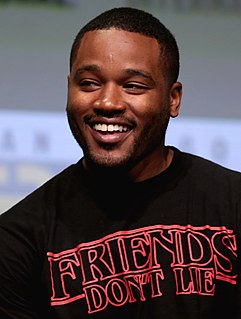A Quote by Colson Whitehead
The readership for 'Sag Harbor' was different from people who'd read me before - it was linear and realistic, not as strange as 'The Intuitionist.' Did they carry over to 'Zone One,' a story about zombies in New York? Some, some not. I'm used to people not caring about my other books.
Related Quotes
I follow my own nose. So I read things that are different. People will always say to me, "Have you read Robert S. Bosco's latest novel?" or "Have you read so and so's history of Peru, which is reviewed in the New York Review of Books and the New York Times and has a buzz about it?" I don't even know what you're talking about. I'm like from another planet. I'm a pygmy from the jungle.
I wanted to talk about certain things in a way that I hadn't seen them talked about. There is vast literature about caring for people romantically, about caring for children, but there's not a lot about caring for older people, eldercare. I was searching for a book that would speak to me, that wouldn't be sociological, that would offer some insight, some solace.
I try to keep each different book different from the last. So 'Sag Harbor' is very different from 'Apex Hides the Hurt;' 'The Intuitionist,' which is kind of a detective novel, is very different from 'John Henry Days.' I'm just trying to keep things rich for me creatively and for the readers who follow me.
New York was a new and strange world. Vast, impersonal, merciless.... Always before I had felt like a person, an individual, hopeful that I could mold my life according to some desire of my own. But here in New York I was ignorant, insignificant, unimportant--one in millions whose destiny concerned no one. New York did not even know of my existence. Nor did it care.
The Bible differs from all other books in that it never wears out. Other books are read and laid aside, but the Bible is a constant companion. No matter how often we read it or how familiar we become with it, some new truth is likely to spring out at us from its pages whenever we open it, or some old truth will impress us as it never did before. Every Christian can give illustrations of this.





































